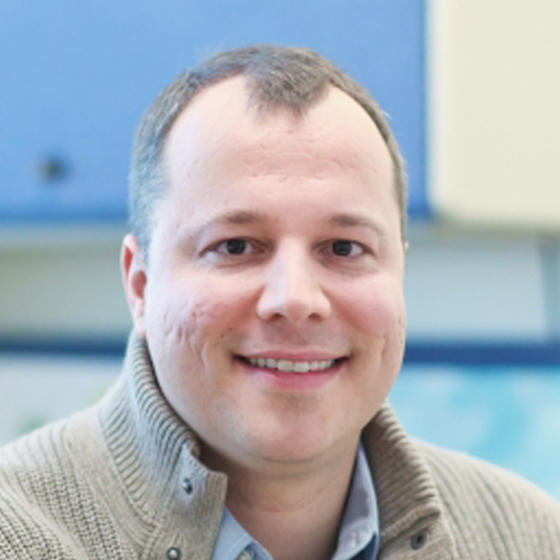Dr. Klaus Hoeflich

Alumnus Klaus Hoeflich, a Senior Scientist working at Genentech Inc, is highly interested on disease-focused strategies for identifying new targets or therapeutic combinations.
Following my time in the labs of Jim Woodgett (PhD) and Mitsu Ikura (2-year postdoc) I did 2 years postdoc training at Genentech. I received the Genentech Post-Doctoral Research Prize in 2005 and that helped me get a permanent position in 2006.
My laboratory supports small molecule drug discovery efforts for several intracellular kinases. In this capacity, we investigate cellular signaling, predictive diagnostics and combination therapies to advance new development candidates and support clinical planning for these targets. Over the past years, we have also focused on two major basic science areas:
1. Mitogen-activated protein kinase (MAPK) and phosphoinositide 3-kinase (PI3K) signaling network. We are interested in understanding crosstalk, feedback and points of convergence for the RAS/RAF/MEK and PI3K/AKT/mTOR pathways. These studies have been aided by use of novel investigational drugs: GDC-0973, an allosteric inhibitor of MEK1/2, and GDC-0941, an inhibitor of class I PI-3 kinases, both of which are in Phase I clinical trials. We have also completed a mass spectrometry-based phosphoproteomic analysis of MEK and PI3K signaling in tumor cells and biological characterization of novel targets is ongoing.
2. P21-activated kinases. PAK family serine/threonine kinases are important mediators of Rac and Cdc42 GTPases, however the contribution of these kinases to tumorigenesis has not been well defined. Together with collaborators at the University of Oxford, we have comprehensively examined the expression and prognostic significance of PAK1 in human tumors. The functional requirement and signaling mechanisms for PAK1 in cellular proliferation, survival and morphogenesis in select tumor indications is being investigated using genetic and pharmacologic approaches both in vitro and in vivo.

